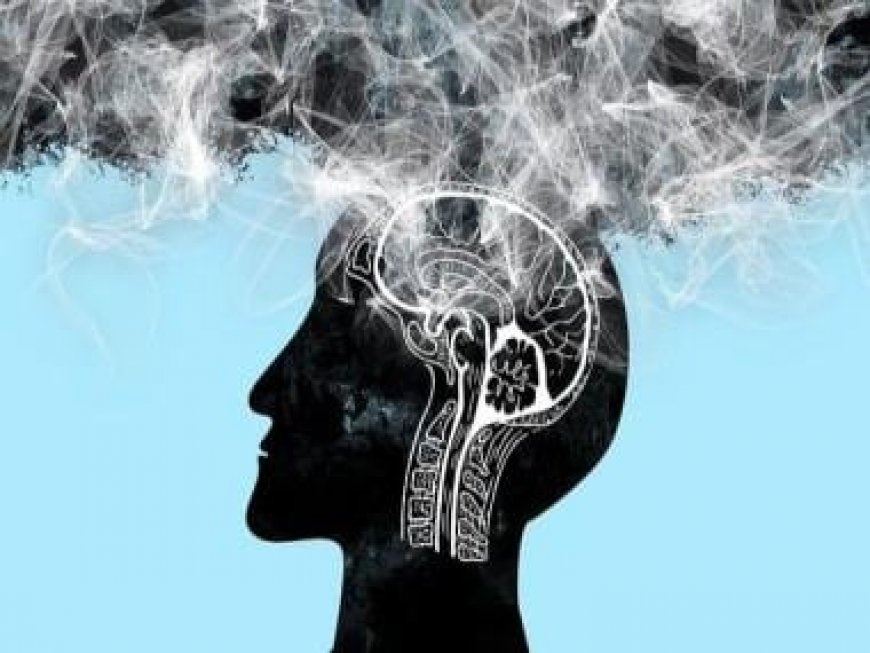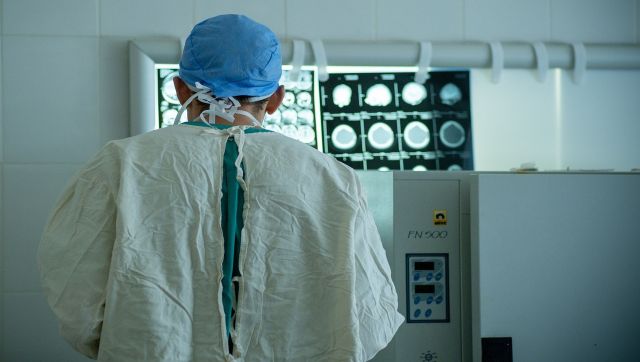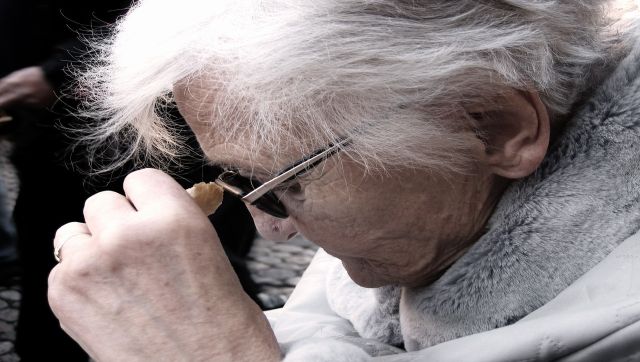Can Alzheimer’s disease spread from person to person?
Can Alzheimer’s disease spread from person to person?

You can’t ‘catch’ Alzheimer’s disease, the most common type of dementia. Until now. A new study has revealed that five people may have “caught” the brain disorder after receiving growth hormone from human cadavers during childhood.
The study, published in the journal Nature Medicine, provides the first reported evidence of medically acquired Alzheimer’s disease in living people and throws light on the mental disorder, and the causes of it.
But, doctors and experts believe it’s not a reason to panic.
Here’s what we know about the study and what it means for patients.
What did the study reveal?
A team of researchers from the United Kingdom have found through testing and extensive studies that Alzheimer’s can spread from human to human through rare medical accidents, and one such instance could be traced back to 1958 and 1985. According to the scientists, five people are believed to have developed Alzheimer’s after they were treated with a human growth hormone which inadvertently contained the seeds of dementia.
Elaborating on the incident, Professor John Collinge, co-author of the study and director of the MRC Prion Unit, said that between 1959 and 1985, at least 1,848 patients in the UK received human growth hormone extracted from the pituitary glands of cadavers. The practice was withdrawn when it was shown to trigger Creutzfeldt-Jakob disease (CJD) — a rare brain disorder that leads to dementia.
However, scientists have found that it was this batch of hormones that appears to have triggered Alzheimer’s in some patients. The youngest developed dementia symptoms at just 38 years old.
The scientists said they initially stumbled across the discovery while studying the brains of eight people who died of CJD after being injected with the human growth hormone. Of them, five had huge levels of amyloid beta protein — considered a key component of Alzheimer’s disease when it forms plaques in the brain.

The researchers add that in the three other patients, they found mild cognitive impairment in one, while another had self-reported cognitive difficulties, and one had no such symptoms. However, post-mortem results revealed that the last patient had the biomarker criteria for the disease.
Also read: How hot flashes can increase the risk of Alzheimer’s & cardiovascular disease
Should the study concern us?
Professor John Collinge, co-author of the study has told The Guardian, “We’re not suggesting for a moment you can catch Alzheimer’s disease. This is not transmissible in the sense of a viral or bacterial infection.”
He further added, “I should emphasise these are very rare occurrences, and the majority of this relates to medical procedures that are no longer used.”
However, the team points out that the study is significant, as it provides a better and clearer understanding of Alzheimer’s disease. According to them, the study points that Alzheimer’s disease has similarities with prion disease. Prion diseases are caused by infectious proteins that propagate in the brain. These diseases typically occur spontaneously, however, more rarely they can arise from a genetic mutation, or be transmitted via infected brain or nervous tissue.
“It looks like what’s going on in Alzheimer’s disease is very similar in many respects to what happens in the human prion diseases like CJD,” Collinge said. “It does raise implications about therapeutic approaches to Alzheimer’s disease.”
Other medical experts also concur that the study is significant when it comes to treatment and understanding of Alzheimer’s disease. Dr Susan Kohlhaas, executive director of research and partnerships at Alzheimer’s Research UK, told The Telegraph: “This study has revealed more about how amyloid fragments can spread within the brain, providing further clues on how Alzheimer’s disease progresses and potential new targets for the treatments of tomorrow.”
Also read: Can nose-picking raise risk of dementia and Alzheimer’s?
What is Alzheimer’s disease?
According to the US health agency, Centers for Disease Control and Prevention (CDC), Alzheimer’s disease is the most common type of dementia. Alzheimer’s disease accounts for 60-80 per cent of dementia cases. Doctors have found that symptoms eventually grow severe enough to interfere with daily tasks.

While most cases of Alzheimer’s are found in the aged, it can also affect younger people. Scientists do not yet fully understand what causes Alzheimer’s disease. There likely is not a single cause but rather several factors that can affect each person differently. While age is the best known risk factor Alzheimer’s disease, researchers also note that family history, namely genetics, may play a role in developing Alzheimer’s disease.
In 2020, US data had revealed that as many as 5.8 million Americans were living with Alzheimer’s disease. A study further stated that this number is projected to nearly triple to 14 million people by 2060.
In 2020, the worldwide burden of Alzheimer’s was pegged at over 55 million people and it was reported that this number would almost double every 20 years, reaching 78 million in 2030 and 139 million in 2050.
And is there a cure for Alzheimer’s? There is currently no known cure for Alzheimer’s disease. However, there are two treatments — aducanumab and lecanemab — demonstrate that removing beta-amyloid, one of the hallmarks of Alzheimer’s disease, from the brain reduces cognitive and functional decline in people living with early Alzheimer’s.
There is also a worldwide effort underway to find better ways to treat the disease, delay its onset and prevent it from developing.
With inputs from agencies
What's Your Reaction?



























































